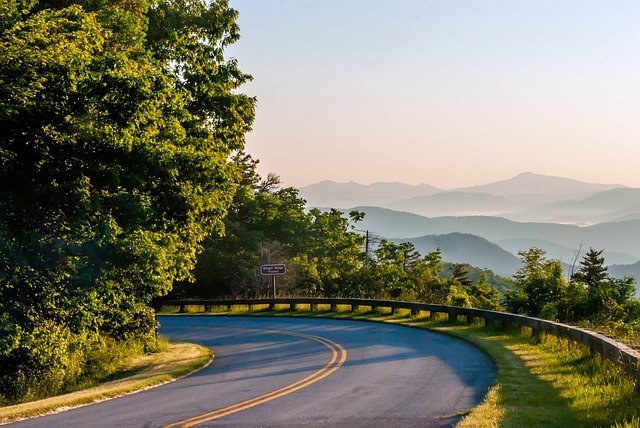Steer Clear of North Carolina’s Deadliest Highways
Image by PublicDomainPictures from Pixabay
Every state has deadly highways, but the top three in North Carolina are particularly frightening. In a state of 10.49 million people, the three most dangerous highways killed a total of 151 people.
Conversely, California, with a population four times that of North Carolina, had 441 fatalities on its three most dangerous highways. If North Carolina had California’s population, that means it would have 604 fatalities. The data is from July 2019. The three deadliest highways in North Carolina are:
- I-85
- I-64
- I-40
What Makes Highways Deadly?
All highways are inherently deadly when it comes to distracted driving. People texting, watching movies on the dashboard, or any one of a number of other inexplicable activities while driving cause one in five crashes in the state. Bad weather conditions and poor lighting contribute to the carnage. Unfortunately, impaired driving is also a big part of the death toll.
Even in the 21st century, when people should know better, too many people drink too much or get high before getting behind the wheel. The idea that, “It won’t happen to me,” is all too common. The results of such crashes are never good.
Too often, people ignore speed limits and other rules of the road. They think not only that they are invincible but also that the laws don’t apply to them. I-40’s danger isn’t limited to North Carolina. It’s deadly as it winds its way through other states too. It’s a desolate road, so people think they can get away with anything while driving on it.
What Can You Do To Be Safer?
Obviously, you can take roads other than these three deadly highways. Your trips will be longer but safer. Unfortunately, it’s not possible to get to some places without traveling on deadly roads.
If you cannot avoid these roads, then you must take extra precautions while driving on them. First, turn your phone off. The calls and texts can wait until you get where you’re going. Concentrate on the road while you’re driving. If you absolutely must make a call, pull off into a rest area first.
Second, obey all traffic laws. Signal before changing lanes. Yield the right-of-way when you’re supposed to. Don’t speed. Don’t tailgate. This might sound like scolding, but if you listen, you will most likely live to tell the tale.
Third, don’t drive sleepy. Long, desolate drives are monotonous and draining, especially if you’re driving into the sun. Don’t push your luck. Find a rest area and nap until you feel refreshed.
Fourth, be sure to have the right items on board in case of emergency. These items might include:
- Warning triangle and flares
- Extra non-perishable food, like energy bars
- Gallon of water
- Blankets
- Flashlight with extra batteries
- First-aid kit
- Cell phone and charger
- Jerrycan filled with gas
Additionally, if you plan to travel through remote areas of these highways, having a cell phone signal booster is not a bad idea either. Neither is having a good, sturdy, waterproof pair of insulated hiking boots. As the Boy Scouts say, “Be prepared.”
Fifth, avoid travel during inclement weather if at all possible, especially snow. In remote areas, high winds could cause large drifts, and you could become stranded even on the road.
What To Do When Something Bad Happens
Despite your best efforts, you might be involved in a wreck. You or someone you love could be injured or killed. In such a case, it would be wise to contact a lawyer to get the right advice on how to proceed. According to Asheville personal injury lawyer in North Carolina, you may be eligible for compensation no matter who was responsible for the accident

